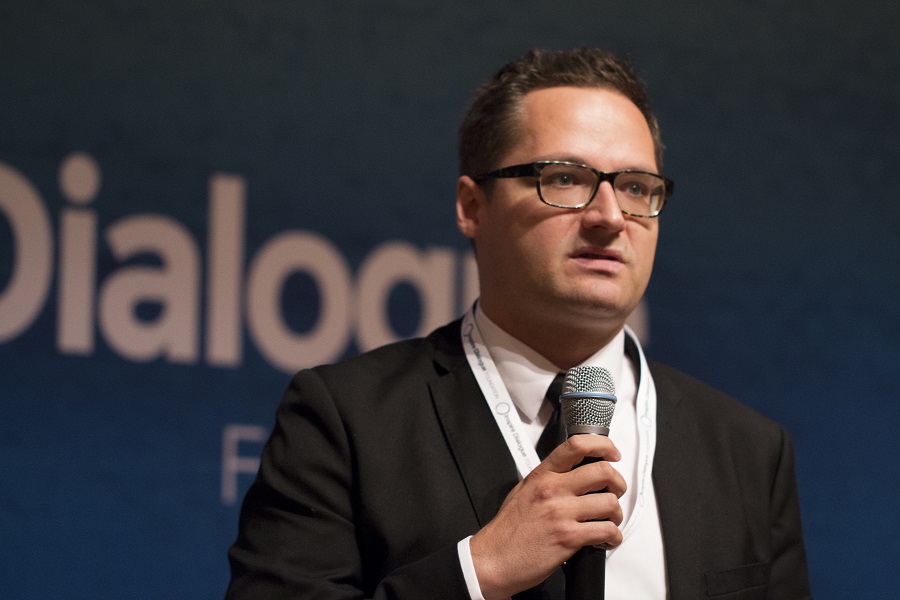Inspire Dialogue Introductions: Frederick Smets
United Nations High Commission for Refugees (UNHCR)
“Most of these people do not need money, but they need somebody that they can have a conversation with.”
I am here to talk about one group of strangers in the world today who are extremely vulnerable. These are the refugees, the people who are fleeing conflict. Today we have the largest displacement of peoples in the world since the second world war: more than 65 million people – which is equivalent to the entire population of a country such as France or the UK, or one in every 113 people worldwide – who are displaced by war, conflicts and persecution. This is an enormous crisis.
This group of people is increasingly exposed to prejudice, racism and xenophobia – and there are a large number of clichés which circulate about them. To name just a few that are prevalent in Europe: one is that all these refugees are coming to Europe, and we cannot take all of them; another one is that a lot of these people are terrorists and therefore they are a security risk; another is that they will come to Europe and take our jobs.
What can we do to counteract this, as states or as individuals, to ensure that hatred and bigotry and all these negative things are not accommodated? First of all, we need to get our facts right: for example, take the idea that all these people want to come to Europe and we are likely to be overrun by them. This is not a true fact. Only 6% of the world’s displaced people find refuge in Europe; the majority, 90% of the refugees, are in the countries surrounding the area of conflict – countries such as Lebanon or Turkey. As for the second cliché, that these people might be terrorists: if we look at the vetting procedures that are already in place under the Geneva Convention and international asylum law, it is clear that every refugee who comes to Belgium or to the UK gets vetted very carefully. They all have to submit a lot of documents and are interviewed for hours on end. So the system that is in place is already pretty solid. Finally, we have the idea that refugees take our jobs. But if you look at the German situation, for example, a lot of industries and businesses actually welcome the opportunity to employ refugees and migrants because they might bring skills and talents that are needed in Germany.
So the first thing is to get the facts straight – because, as Lord Williams has said, there is a lot of untruth that has been fed to us recently. The second point is that I think that many people have lost their curiosity about ‘the other’. I have lots of speaking engagements in many different settings, and I gave one recently in my own village where there were many elderly people. After I had finished they said: Okay, these refugees are not so bad, but now what? What can we do for them? Well, the situation in Europe now is that most towns and cities have refugees living in them, and it is very simple to reach out to them, and offer help with things like going to the supermarket, or advice with administrative things etc. Most of these people do not need money, but they need somebody that they can have a conversation with, or who can help them with practical things. In my experience this is more valuable than simply giving money.
Finally, there is the importance of education. One of the main things that we are doing in the UNHCR is developing a worldwide platform for educating school children about refugee issues. The objective is to offer teachers the tools and the facts that they need for instructing their pupils in primary and secondary education, so that they can bring this big issue into the classroom and start educating our young people and children. It is very important that we create minds that are open to strangers, and in this way change our attitudes towards them.
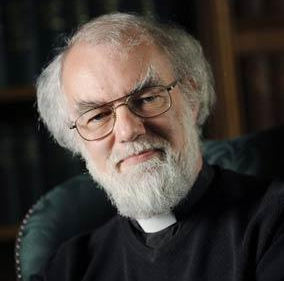
Inspire Dialogue Introductions: Lord Rowan Williams
Master of Magdalene College, Cambridge
“When we go out and encounter others, we are asking for something that is not already there to come alive in us.”
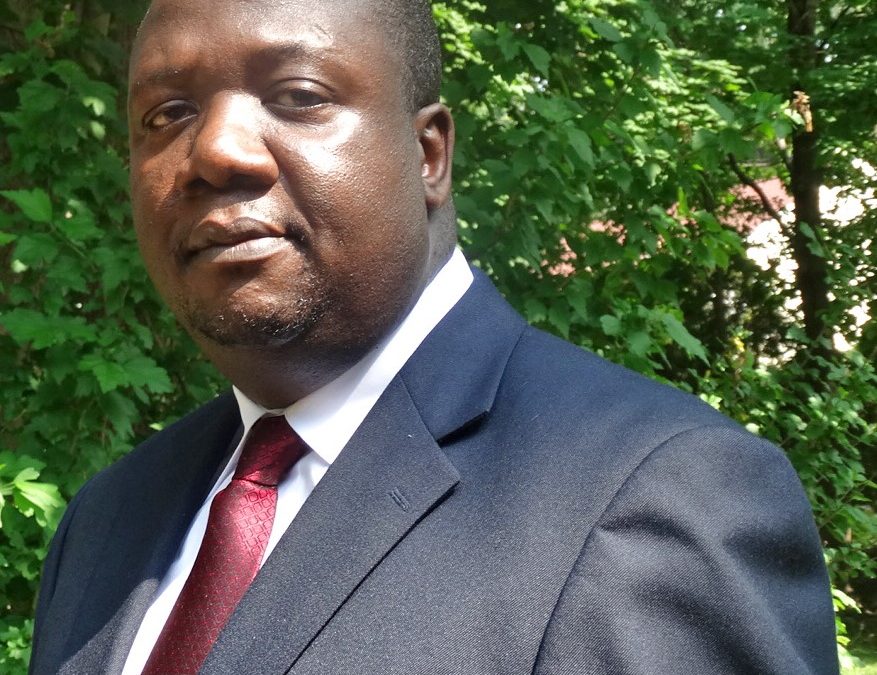
Inspire Dialogue Introductions: Tawanda Mutasah
Senior Director of Law and Policy for Amnesty International
“The stranger or ‘the other’ is a notion that we construct in our quest for a resource. In reality, there is no ‘other’…”

Inspire Dialogue Introductions: Baraa Halabieh
English-Arabic translator
“What makes humanity so beautiful is our multiculturalism… the variety in our colours, cultures and beliefs is what makes us all unique.”
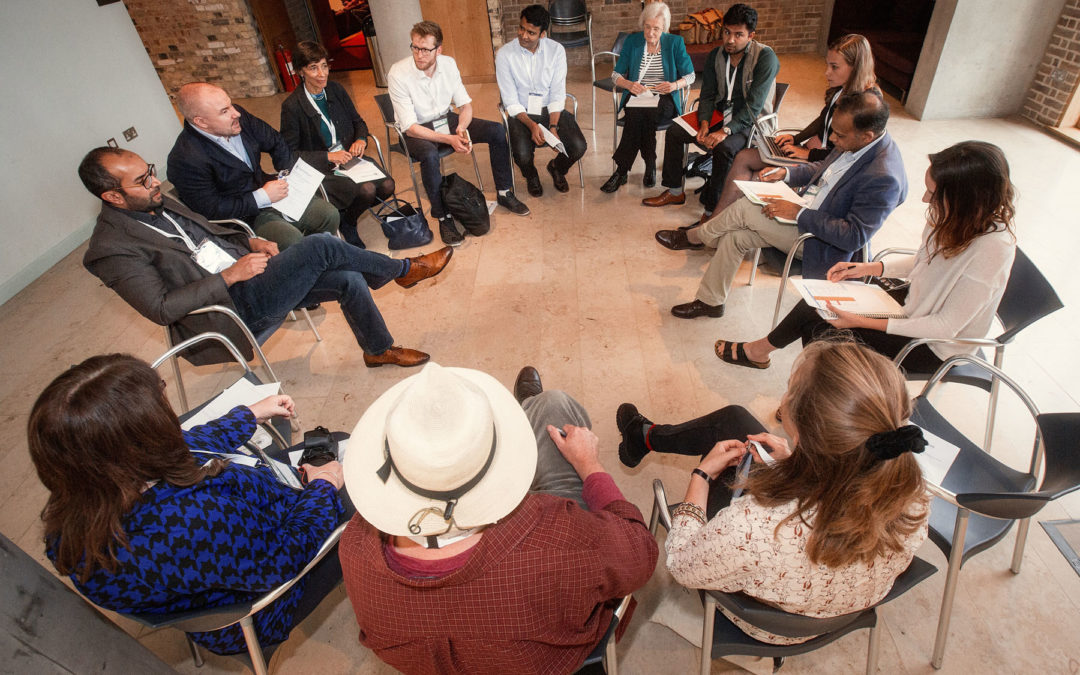
Inspire Dialogue Summaries: The Environment
Bhaskar Vira
“How do we have a dialogue with someone who is fifty years away from inhabiting this earth? This leads to considerations of inter-generational responsibility.”
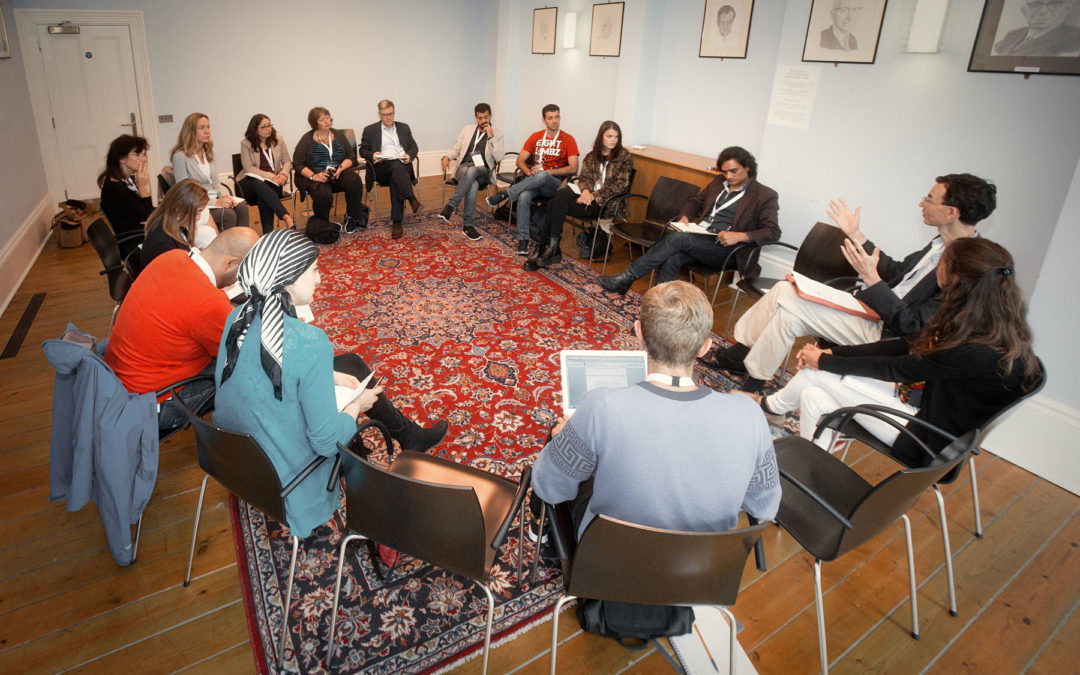
Inspire Dialogue Summaries: Conflict Resolution
Brendan Simms and Alison Liebling
“We were criticised and ridiculed by other professional groups for coming into a maximum security prison with the word ‘trust’ in mind.”
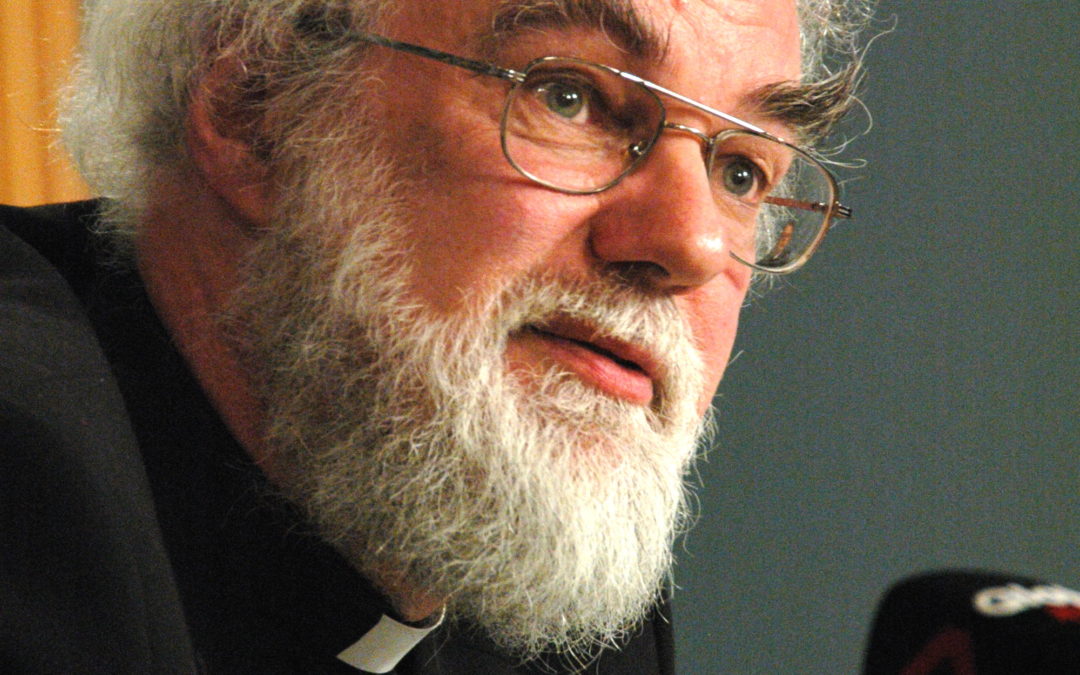
Inspire Dialogue: Final Summary
Lord Rowan Williams
“To be able to imagine that things don’t have to be as they are is perhaps one of the most important things that human beings ever do.”
MORE IN BESHARA MAGAZINE:
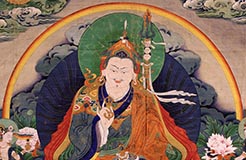
Unlocking the Heritage of Tibet
Dylan Esler talks about the ancient contemplative tradition of Dzogchen Buddhism – the ‘effortless path’ – and the 84000 Project, which is preserving the precious heritage of Tibetan Buddhism
‘Once we learn to dissolve that sense of having to react to whatever occurs, then we open up to a more spacious perspective, and that is the perspective of non-duality.’
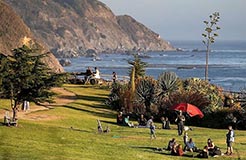
The Vision of Esalen
Michael Murphy, co-founder of the Esalen Institute in California, reflects on the contribution of an institution that has revolutionised our understanding of spirituality
‘We’re all, whether we know it or not, together involved in a cosmic jailbreak, breaking out of our golden chains.’
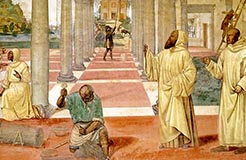
Transmission Across Cultures
Writer and art historian Diana Darke brings to light the largely unacknowledged influence of Islamic architecture and craftsmen on the iconic buildings of Europe
‘If you are building a prestige project, of course you’re going to go for the best, wherever it comes from.’
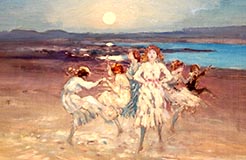
George William Russell: A Forgotten Irish Mystic
Gabriel Rosenstock gives a poetic response to twelve visionary paintings by the ‘myriad-minded’ writer and polymath
‘[Through his works] we may see the world once more in its primal beauty, may recover a sense of the long-forgotten but inextinguishable grandeur of the soul’
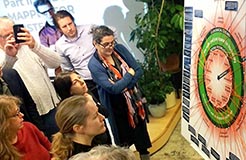
Rolling Out the Doughnut
Leonora Grcheva of DEAL talks about how Kate Raworth’s innovative economic theory is being translated into sustainable practice in cities across the world
‘The Doughnut gives us a new way to conceptualise who we are, how we position ourselves as part of the living world, and how we can reimagine our future’
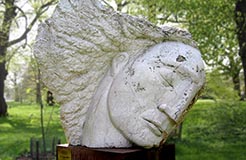
Emily Young: Giving Voice to the Earth
The distinguished sculptor Emily Young talks about her work and the stories that stone can tell us
‘What does it look like when a human is at one with the universe? Embracing it all…’
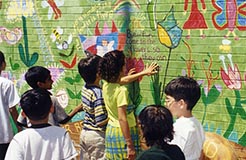
Richard Lewis: Pilgrim in the Land of Children
Robert Hirshfield appreciates the work of a teacher who has devoted his life to inspiring children to write imaginative poetry
‘A child is the privacy of a universe learning to talk to itself.’

The Power of Gold
Alan Ereira talks about his new book, which traces the relationship between human beings and this most precious metal over a period of 7,000 years
‘The notion that gold contains immutable value is somehow enormously powerful. Of course, gold doesn’t actually have that value in itself; we attribute that to it without thinking, unconsciously.’
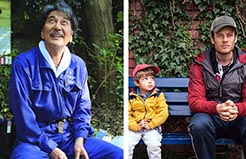
Introducing… ‘Perfect Days’ and ‘Nowhere Special’
Jane Clark watches two films with a contemplative theme

The Philosophy of Prayer
Distinguished theologian George Pattison talks about the meaning of prayer in the modern world and how it brings us to awareness of our essential nothingness
‘Our starting point always has to be that we are not makers of our own being, but we are before we start doing anything for ourselves.’
